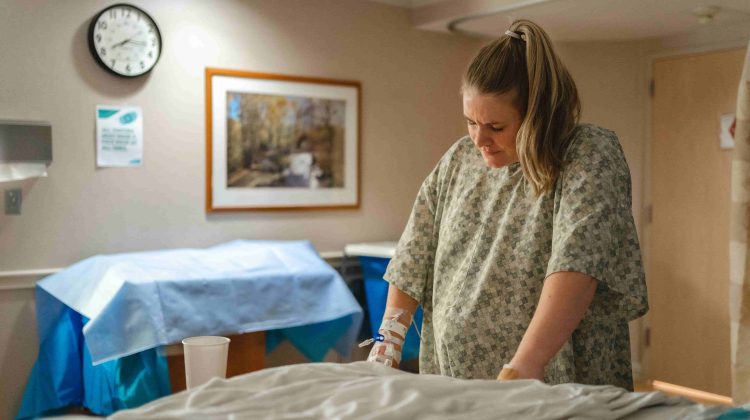There have been many reports of this highly contagious condition recently. Despite that, many people do not understand what it is or the nature of the norovirus. Diarrhea and vomiting are only a few symptoms of this common virus. “This is the dreaded virus that leaves us in the bathroom for about a day or two, we’ve all been there,” NBC News Medical contributor Dr. Tara Narula said on TODAY in a segment aired Feb. 27. Norovirus, better known as the stomach flu, is a highly contagious virus known for gastrointestinal illness worldwide—time to find out what it is and how to stop it.
Norovirus: More Than Just Stomach Flu
Stomach flu, or norovirus, is a leading cause of gastrointestinal issues across all age groups. Despite its nickname, norovirus is not a form of influenza. Norovirus causes about 20 million cases of vomiting and diarrhea, 465,000 emergency room visits, 109,000 hospitalizations, and 900 deaths per year, per the CDC. It can spread rapidly through contaminated food, water, surfaces, and physical contact. It can also survive in various environments and has a prolonged shedding period, which makes it a common culprit behind outbreaks in social areas such as schools and cruise ships.
Food Poisoning vs Stomach Flu
Knowing the difference between food poisoning and stomach flu is essential for accurate diagnosis and treatment. Ingesting spoiled food will cause food poisoning. Contact with contaminated areas, people, and food will cause stomach flu. Food poisoning can last a few days. Norovirus can last for a few days to a week.
Prolonged illness can be a great sign that it is the stomach flu and not just food poisoning. Its duration can vary based on the individual’s overall health and the severity of the infection. There is generally an increase of cases during winter and in certain areas such as Northeastern states like Philadelphia. Similar cities have reported spikes in Norovirus outbreaks, prompting public health officials to urge residents to take precautions, NBC Philadelphia reported.
Norovirus Treatment and Prevention
After successfully diagnosing one has norovirus, treatment primarily focuses on managing symptoms and preventing dehydration. Antibiotics are ineffective against it because it is a viral infection and not bacterial. Rest, hydration, and over-the-counter medications that alleviate symptoms like nausea and diarrhea are recommended. Pay extra attention to one’s fluid and food intake during the stomach flu to offset the loss from vomiting and diarrhea. Individuals should be brought to a hospital immediately in cases of extreme dehydration.
Prevention is even more important than treatment, and we can take a few steps to help eliminate the virus before it reaches anybody. Proper hygiene practices such as frequent handwashing and disinfecting surfaces with bleach as often as possible are great steps anybody can take. The virus is not affected by alcohol-based cleaners, so specialized cleaners like bleach are required, per Dr. Scott Roberts, associate medical director for infection prevention at Yale New Haven Hospital.
What Is Norovirus And How We Can Treat It
All in all, norovirus, or stomach flu, can be difficult to handle. Understanding its distinct characteristics, duration, and treatment options is crucial for the treatment and prevention of outbreaks. Practicing preventative measures, and providing support are steps individuals can take to mitigate the impact of norovirus infections. Learning how to prevent and prepare for other illnesses can also help.





No Comment